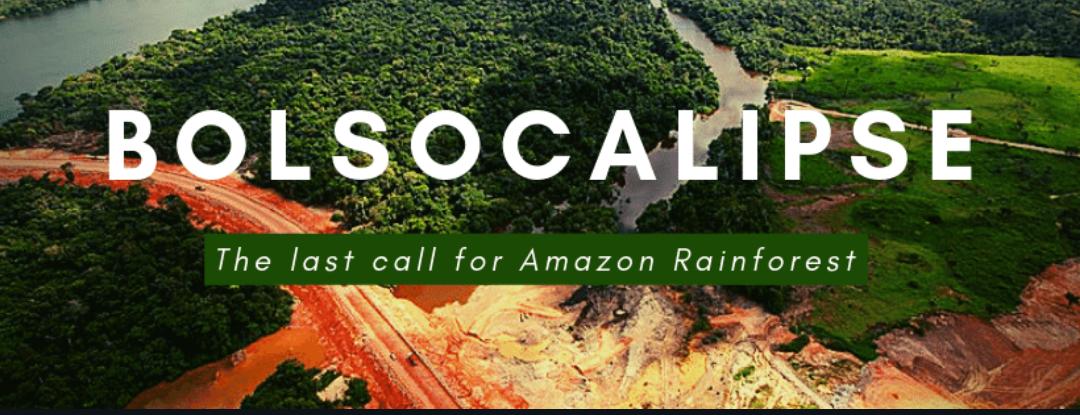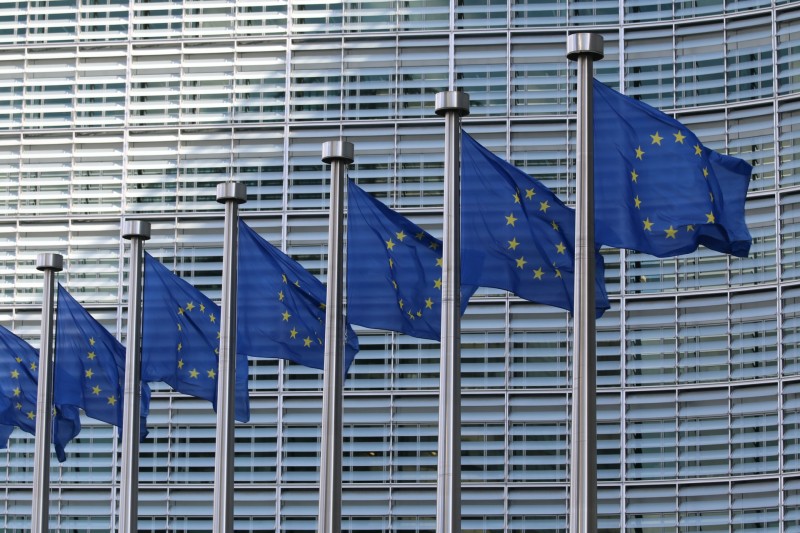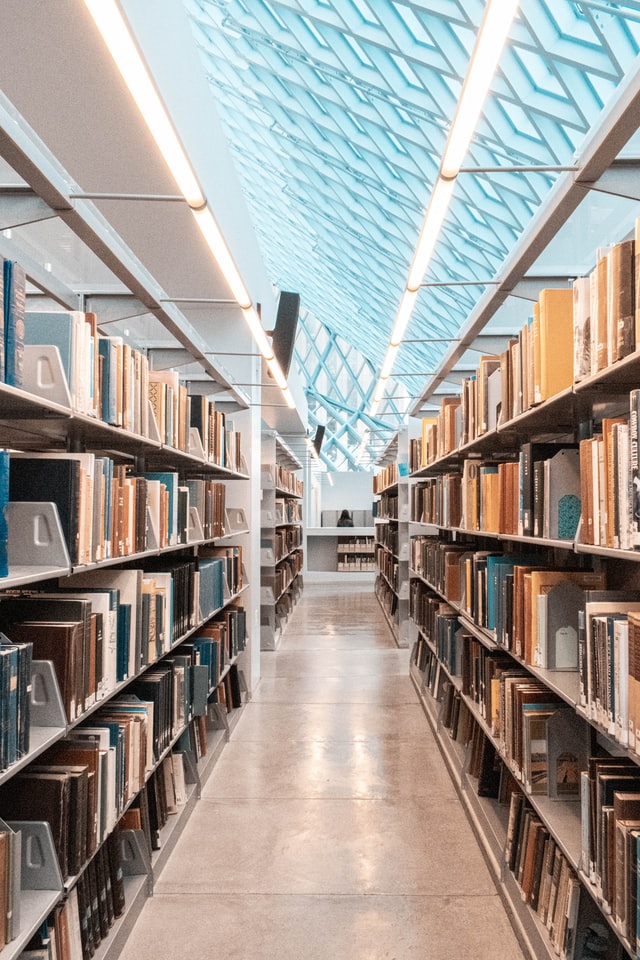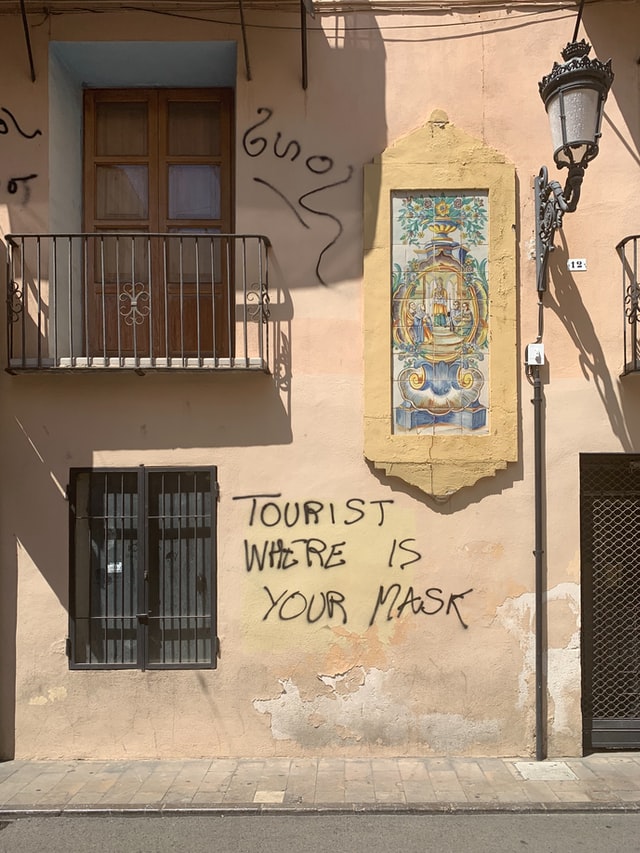DOSSIER - Bolsocalipse: The last call for Amazon Rainforest
Since his recent election Jair Bolsonaro, the new President of Brazil, made some alarming statement on the Amazon forest, whose future seems now uncertain and troubled. Ruining the “Lungs of Earth” could cause permanent damages not only for Brazil, but for the entire terrestrial ecosystem.
Here for the Italian version

From the night of October 28th 2018 the ultra conservative Jair Bolsonaro is the new president- elect of Brazil and he will take office starting from 1st January 2019. The aftermaths of his election however, have already cast a shadow on the Amazon rainforest.
During his campaign, Bolsonaro made concerning statements regarding the environmental policies he plans to pursue, hence triggering the international community concern. The data collected from the beginning of his campaign confirm indeed that the threat towards Brazil’s progresses in the field of environmental protection and its related legislation is now more severe than ever.
In the last few decades Brazil gained a leading role in the international arena with regards to the protection of the environment. One need only think, for example, that two of the most important conferences on climate change were held in Brazil: the Summit of the Earth in 1992, in Rio, essential for the development of the subsequent Kyoto Protocol, and Rio+20, the UN conference on Sustainable Development, in 2012, exactly 20 years after the first one.
However, it is mainly in the domestic field that one can witness Brazil’s improvements, starting with the establishment of IBAMA (Instituto Brasileiro do Meio Ambiente e dos Recursos Naturais Renováveis) in 1989. IBAMA is a federal agency, part of the Ministry of Environment, aimed at the protection of Brazil’s natural resources through the implementation on the National Environmental Policy of 1981.
It is precisely this agency that was largely critized by Bolsonaro in the last few weeks. The leader demands more flexibility on the environment protection legislation and above all asks for a cut on the fines in case of violation. Funnily enough, the President still has a 2000$ debt with the agency for illegal fishing activity in a secured area in 2012. He stated that the work of IBAMA, and all related agencies, is an obstacle to the progress of the nation and that environment legislation is a leash that chokes farmers and agricultural sectors workers. The latter are among his major supporters and they greeted his statements as a green light to start carrying out his policies a few months in advance.
As a matter of facts, the rising of deforestation levels during campaign years is unfortunately no breaking news, however during Bolsonaro’s campaign the situation exasperated. From July to October 2018, that is the core period of the electoral campaign, a 48.8% increase in deforestation rates was registered, this means 1.674 km2 of rainforest completely destroyed (i.e. roughly the same area of 239 football fields).
The data are even more alarming if compared to the same time frame in 2017: in the most affected areas a peak of +270% rates in deforestation levels was reached.
In spite of that, Bolsonaro doesn’t seem concerned about the situation: good evidence of this is the announcement of Brazil’s withdrawal as the hosting country for COP 25, the 2019 edition of the United Nation Climate Change Conference.
Reason being budget cuts.
A weak excuse, notified only a few weeks after the threat of Brazil’s forfait from the Paris Agreement, which was negotiated during COP 21. Bolsonaro then made a U-turn on the matter and confirmed that Brazil will not withdraw from the Agreement as long as it won’t be perceived as a hurdle for the economic development of the country. What seems to be an ambiguous declaration is actually an extremely clear statement of the President’s priorities, namely the conversion of more and more forest area to pasture, cultivation and farming, the exploitation of the mineral resources of the area with the construction of mines and the pursuit of a hard policy **towards the **indigenous population.
In an attempt to follow these policies, Bolsonaro even suggested the merging of the Ministry of Agriculture and the Ministry of Environment. This absurd idea was then set aside after the election, but the person selected as the new Minister of Agriculture is meaningful and aligned with the announced policies.
The person concerned is Tereza Cristina, leader of the Frente Parlamentar Agropecuária (FPA), the powerful lobby representing the agricultural sector’s interests in Brazil’s National Congress. Media and opponents already gave her the name of “musa do veneno”, due to her unconditionate support towards the abolition of the Regulamentation on the use of pesticides, particularly, the one regarding the ban of glyphosate, the controversial herbicide of Monsanto Company. She stated to the press that thanks to her new role as Ministry of Agriculture she hopes to be able to work in reducing even more the restrictions for the use of pesticides and to urge furthermore the conversion of more and more forest areas to pasture.
The Amazon rainforest is hence at risk now more than ever. Although many Brazilians are skeptical enough to describe their new President as “a giant with feet of clay” and don’t believe he will be able to deliver his electoral promises, scholars and scientists are not so dubious on the matter and reported that the forest is reaching the tipping point.

In the last 30 years an increment in the presence of drought-tolerant plant species, typical of dry and arid environments, was detected, while at the same time a decline in the autochtonus species was observed. This does not mean just a change in the landscape: according to Carlos Nobre (University of Sao Paulo, Institute for Advanced Studies), through its hydrological cycle the Amazon rainforest produces more than half of its own rainfall, this means that a single water vapor molecule is recycled from 5 to 7 times in the system before eventually leaving it. Thus the forest is a fundamental variable in the stability of this ecosystem and consequently for the life in the region: a drought, or shortage in water supply would soon affect not only brazilian cities, but the whole region and neighbouring countries.
Scholars confirmed that should we reach a 25% loss of the original extent of the rainforest, a mechanism of transition from rainforest to a more barren, dry, savannah-like ecosystem will begin. According to the brazilian Governement estimates, to this day the 17% of the forest has already been destroyed.
One has to understand that this is not just a brazilian or South American problem, but instead it is a threat that affects the whole world: with an area of 5.5 milion km2 the Amazon rainforest is one of the biggest “air purifier” of our planet. A dryer rainforest means less absorption of CO2 and a consequent increment in the greenhouse gases emissions. The result is that, in a few years the forest may begin to release more carbon dioxide than it absorbs, causing irreversible damage to the ecosystem.
For these reasons the international community must act quickly and effectively. In this regard, France approved a new national strategy fighting climate change in November. The country’s target is to aim at blocking the import of all deforestation-related products by 2030.
France also urged the European Union to take a similar action: the EU is indeed one of the major actors on the global economic scene, hence it is its duty to set an example and adopt measures to reduce the impact on climate change. Many member States, along with France, asked for an intervention of the European Commission on the matter, in order to start working on a common plan to tackle the issue already by the end of the year. Trade is indeed the most powerful weapon of the Union against Bolsonaro’s policies. A drop in the export of the products of non-sustainable agriculture cannot leave the President impassive, specially if it comes from his second largest commercial partner.
Therefore, the European Union can play a fundamental role in the fight to climate change and in tackling the new brazilian policies, but it is essential to act now. Above all it is crucial to act through a concerted effort and not only through the initiatives of single countries, in order to have a real global impact and perhaps inspire a change and more environmental consciousness on a global level.
SOURCES:
- F. Maisonnave, The Ecologist, 19/11/2018: Bolsonaro’s deforestation has begun
- C. Welch, National Geographic, 19/11/2018: How Amazon forest loss may affect water—and climate—far away
- Report by Indigenous Missionary Council, settembre 2018: “Congresso Anti-Indígena Os parlamentares que mais atuaram contra os direitos dos povos indígenas”
- Climate Home News:



